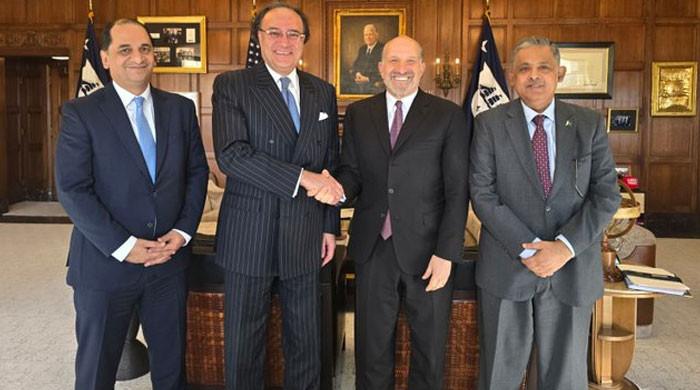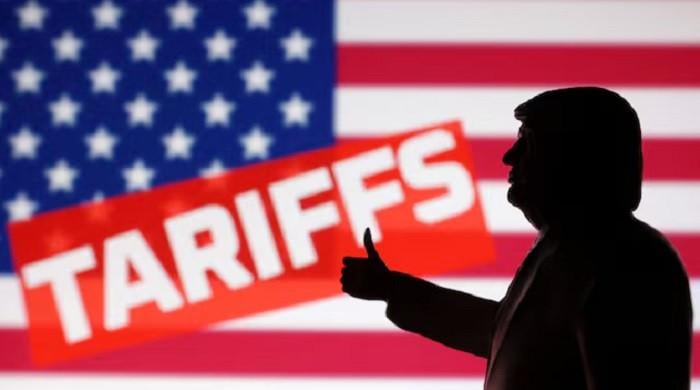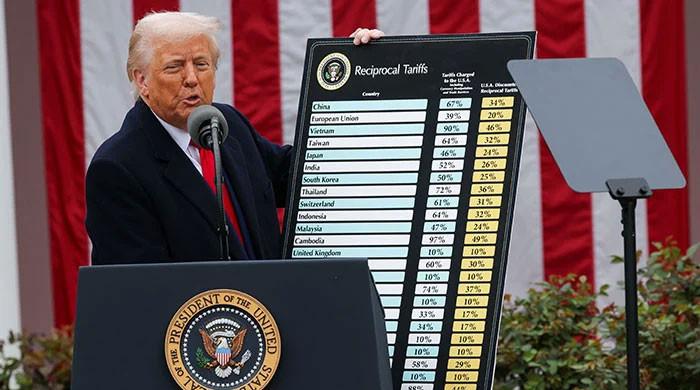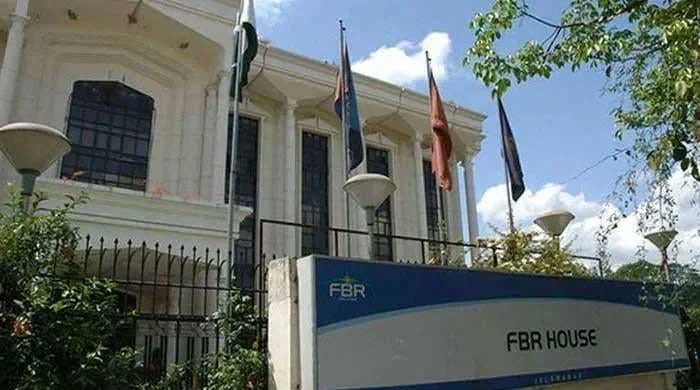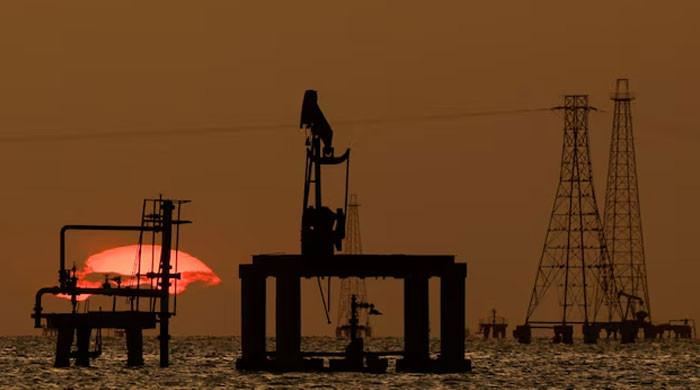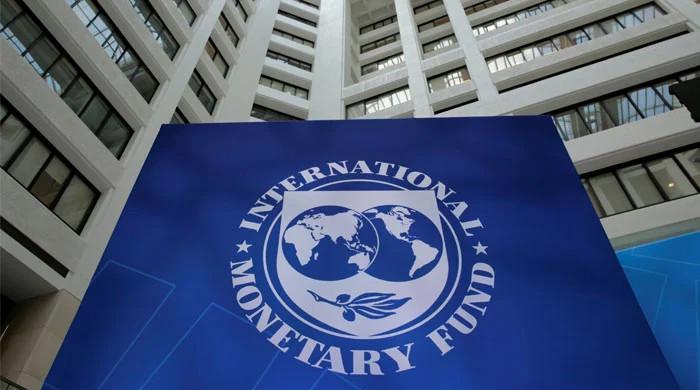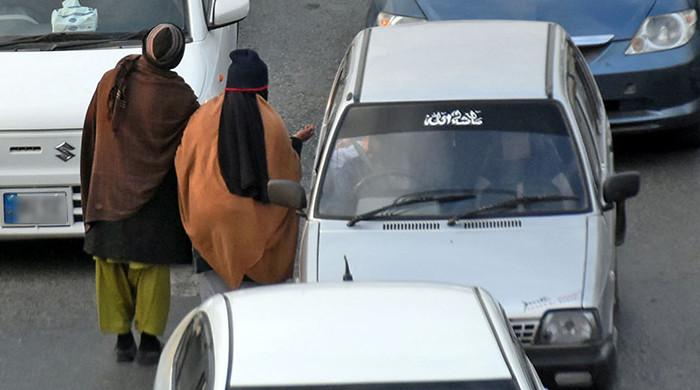Why the 11th NFC must get it right
It would be wise to alter the award so that existing money going to provinces stays at existing rate and amount
August 23, 2025
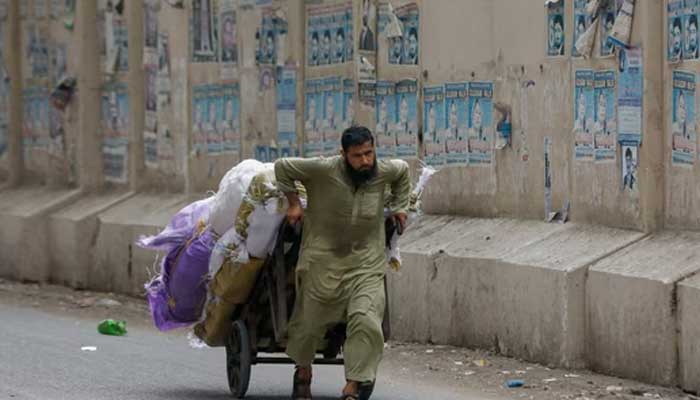
The government has finally constituted the 11th National Finance Commission to come up with a new NFC Award to replace the 7th NFC Award, which was agreed to in May of 2010.
The NFC Award is supposed to last for only five years, but until a new award is agreed to, the old award continues.
The 7th NFC Award, one of the most structurally damaging awards to Pakistan’s federal fiscal health, has lasted for 15 years. It would be fiscally debilitating for Pakistan if this commission does not agree to a new, more rational award.
According to the 7th NFC Award, 57.5% of total federal tax revenues are transferred to the four provinces. In addition, an extra 1% is given to Khyber Pakhtunkhwa for fighting the war on terror, and an extra two-thirds of 1% of the divisible pool is allocated to Sindh for giving up Octroi in 1998.
The federal government also has to bear the total cost of Gilgit Baltistan, AJK and ex-Fata governments. Together, these expenditures come close to 62% of the federal government’s revenues.
Given that 62% of citizens' taxes go to the provinces, the possibility of reducing our income or sales tax rates doesn't even arise, if we don’t reduce the NFC Award's provincial share.
Pakistan has experienced slower economic growth compared to most other developing countries since the passing of the 7th NFC Award. That doesn't necessarily mean the slower growth is all attributable to the 7th NFC Award, but it does seem a significant factor.
This is primarily because, in the last nearly two decades, despite newer and higher taxes, we have been running large fiscal deficits — and these deficits have exerted a negative pressure on our current account and currency.
Given that constant pressure, even a little economic growth causes our current account deficit to skyrocket and our currency to crash. We have seen these boom and quickly-bust episodes many times in the recent past.
If you consider the federal government’s outlays, there are three big heads: revenue sharing with the provinces, the federal government's own expenses and debt servicing. Since debt servicing cannot be reduced unless interest rates go down and not paying it would mean a default, the only two heads left where we can reduce governments' expenditures are reducing provincial transfers and the federal government’s expenditures.
Last year, the federal government collected about Rs12 trillion in taxes and still had a deficit of Rs8 trillion. Now, if the federal government wanted to bring the deficit to a close, it would have had to raise not another Rs8 trillion but another Rs20 trillion in taxes, because the first Rs12 trillion of the new revenues would have to go to the provinces. This would have meant total taxes of Rs32 trillion or more than 30% of GDP. This, of course, is neither possible nor desirable.
How should the NFC Award be reformed? The biggest problem with the 7th Award is not the total money going to the provinces, but the fact that for every new rupee coming into the federal government, the first 60 paisas have to go to the provinces.
Therefore, it would be wise to alter the award so that the existing money going to the provinces stays at the existing rate and amount, but the federal government should retain 80% of any increase in the tax revenues.
BISP should be transferred to the provinces, or if the federal government continues to administer it, the budget amount should be sourced from the provinces.
At the same time, it is imperative that agricultural income should be brought into the federal tax net.
Some provinces have started taxing international trade. This doesn't seem as envisaged by the constitution. The commission should clarify this and also whether customs duties should be part of the divisible pool.
The provinces, on the other hand, will discuss why the petroleum levy shouldn’t be part of the divisible pool. Finally, given that the 18th Amendment specifies that the next NFC Award can increase provincial shares but not reduce them, while the new award is being agreed to, a new amendment to the constitution will also become necessary.
There are many issues the new commission needs to discuss. I hope national interest prevails over parochial and political interests.
Disclaimer: The viewpoints expressed in this piece are the writer's own and don't necessarily reflect Geo.tv's editorial policy.
The author is former finance minister.
Originally published in The News




